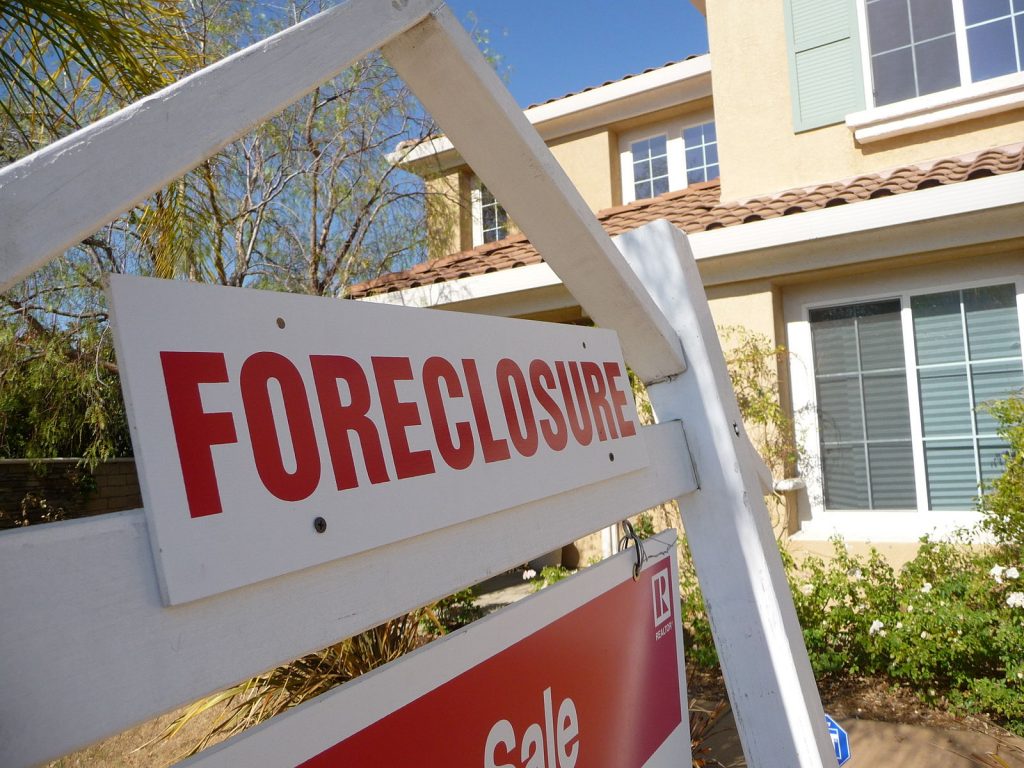Some 30 million Americans have lost their jobs since the COVID-19 pandemic forced mandatory “stay-at-home” orders into effect. Unemployment numbers like these are some of the most closely watched indicators of the state of the economy and are often used as a bellwether for housing foreclosures as well. Will Springfield or Burke real estate see the effects of COVID-19 and a foreclosure surge?
Possibility of a Foreclosure Surge
Many people fear that COVID-19 will cause a wave of foreclosures or a foreclosure surge — reminiscent of those in 2008 — that will take down the housing market. But while there is no denying that the massive wave of business closures and job losses caused by coronavirus has been serious, economists suggest that the effects won’t actually be long-lasting, and don’t seem to be adversely affecting the housing market.
This may be in part because the federal government responded to a potential housing crisis early the pandemic by implementing protections for tenants and mortgage loan borrowers. So, while it is true that some homeowners are falling behind in making mortgage payments, government policies and private business assistance are working to keep them in their homes.
The CARES Act passed by Congress at the end of March specifically allows mortgage borrowers who are impacted by the COVID-19 pandemic to get up to twelve months of forbearance, meaning their mortgage payments are suspended. Mortgage companies have taken this year’s unique situation into account, and among other assistance, deferred payments for those who have been affected is an option that many have chosen to take.
The Federal Housing Finance Agency (FHFA) implemented intervening measures in March as well, including a moratorium on foreclosures for anyone on a mortgage backed by the federal government and up to a year of forbearance for those under financial hardship due to the health crisis and its accompanying workplace closures.
“To protect borrowers and renters during the pandemic we are extending the Enterprises’ foreclosure and eviction moratorium. During this national health emergency no one should worry about losing their home,” said FHFA Director Mark Calabria.
The FHFA’s foreclosure moratorium was set to expire in June, but has already been extended to August 31, 2020. More extensions may be forthcoming.
Serious delinquencies in payment are what cause a foreclosure surge, and these deferments are allowing those late payments to be pushed down the line to a time when it should be easier to pay. Of course there is a threat that forbearance will transition into foreclosure when grace period timelines expire, especially if COVID-19 infections spike and the health crisis continues well into the Fall and Winter.
But the truth is that not every homeowner in forbearance actually needs to be taking advantage of the assistance. Some mortgage borrowers stopped making payments purely as a precaution… or just because the option was available to them.
Added to that, Americans are in a much better equity situation than they were during the rash of foreclosures in 2008. Currently 37% of homeowners actually have no mortgage at all and own their homes outright.
Prior to the pandemic, the number of mortgages in forbearance was less than 100,000. And while forbearance numbers are increasing, this time — unlike 2008 — foreclosures won’t naturally increase as well. June, in the heart of the COVID-19 crisis, actually saw the fewest active foreclosures since 2000., which is certainly not a foreclosure surge.
Of course economists urge caution. Analysts remain worried that a resurgence of COVID-19 could do long-term damage to the economy. But while a foreclosure surge could still happen, government and private lender protections have worked so far.
Bottom line, the economic fallout from the pandemic has been serious, but when it comes to homeowners, this hasn’t been 2008, and mortgage borrowers shouldn’t expect it to be. We have yet to see what is coming down the road, but indications for a foreclosure surge in 2020/2021 may be merely ominous projections.



